Quantum Mechanics In Potential Representation And Applications
This book is written with a focus on new mathematical methods and physical modeling that lay the groundwork for an interpretation to various experimental results and phenomena in nuclear physics, quantum mechanics, and particle physics. Summarized in three parts, the main topics of the book are as follows.The first part importantly addresses scattering theory and nuclear reactions, with the usage of new potential representation method. This perturbation method offers the wave function as a product of the free particle solution and a function which depends on the interaction potential, allowing handy analytical expressions and integral equations for finding scattering matrices. It is highly applicable to the study of scattering and absorption of neutrons in atomic reactors, as well as the interactions between protons and nuclei by scattering processes in, for example, cyclotrons. The second part of the book concerns the perturbation method by variation of free constants and the semi-relativistic shell model of heavy nuclei in order to understand their stability. The last part is then furnished with the semi-relativistic model of mesons and relates to the binding energies of quarks in charm and bottom mesons.This book would be a valuable resource for students and researchers on new mathematical methods in the theoretical unravelling of experiments concerning nuclei and mesons, nuclear reactors, radioactive isotopes, particle accelerators, new materials in electronics and healthcare products, as well as other practical applications of nuclear physics and quantum mechanics.
{{comment.content}}
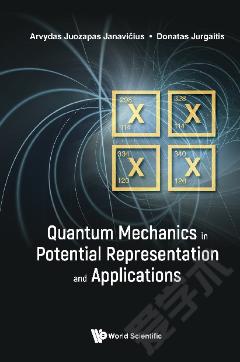
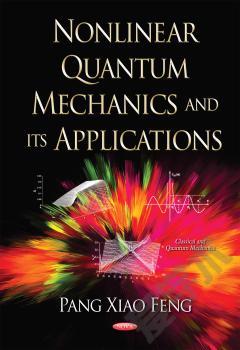
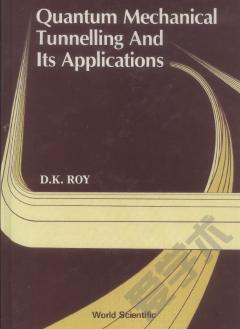

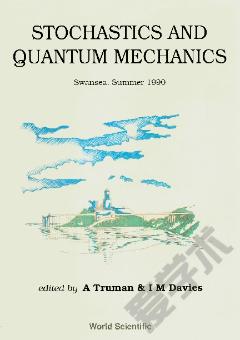
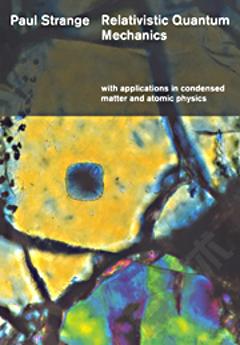
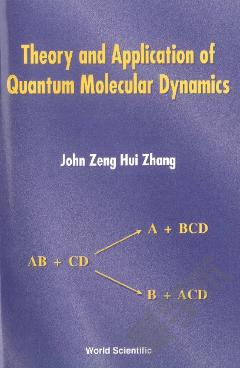

 京公网安备 11010802027623号
京公网安备 11010802027623号